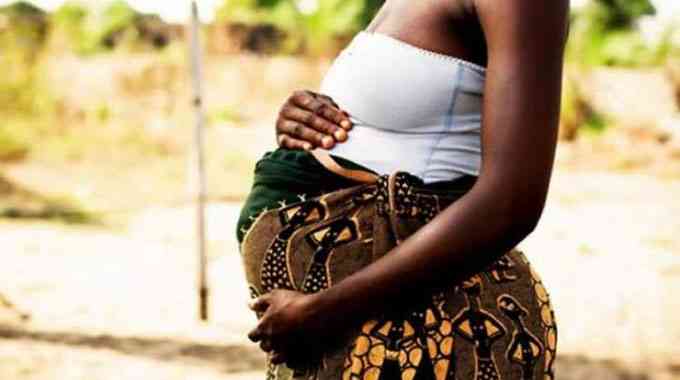
Poverty-triggered child marriages and drug abuse are the major obstacles preventing women from fully achieving gender equality and economic empowerment through social enterprises in Zimbabwe, the United Nations (UN) has said.
Speaking at a high-level breakfast roundtable organised by Diplomat Business Network Club in Harare, UN Women country representative Fatou Lo said despite moving the legal age of marriage to 18, there were still major challenges in having that law embraced amid poverty concerns.
She said the Spotlight Initiative, which had been conducted in Zimbabwe for the last five years, revealed that one of the main achievements was to move upwards the legal age of majority.
“It’s one thing to have the law and another thing to have it implemented. We know how stubborn social norms can be. At the community level, it doesn’t matter how many laws you might adopt up there,” Lo said.
“You have to address some of those issues of mindset, of the social norms, of the traditional practices some of which can be negative and we need to address all of these.”
Zimbabwe has put in place various national legislative instruments aimed at safeguarding the girl child’s rights, particularly the Marriages Act, which forbids girls from marrying before the age of 18.
This was triggered by the January 2016 Constitutional Court landmark judgment that declared 18 years as the legal age of marriage.
The court ruling also deemed all forms of child marriages unconstitutional.
- COP26 a washout? Don’t lose hope – here’s why
- Under fire Mnangagwa resorts to Mugabe tactics
- How will energy crunch transition impact transition to renewables?
- COP26 a washout? Don’t lose hope – here’s why
Keep Reading
Meanwhile, Lo said they had engaged the World Health Organisation team operating in Zimbabwe to team up and investigate the supply chain of drugs in the country.
“We were recently in Murewa launching a knowledge hub for young women and one of the issues that came up from one of the participants was that girls are being married by the time they are 16 as they are deemed too old. The reason for this was poverty,” she said.
According to the United Nations Population Fund, more than 32% of girls in Zimbabwe are married off before the age of 18 and 12% of them are married off before the age of 15.
“When we talk about economic empowerment ... if we do not address poverty, it is one of the main pillars why girls are still being married off because if your parents cannot feed you they will just marry you off and it is not right.
“We (need) to address mental health issues and cut the supply chain of where the drugs are coming from, we need to address that and hold people accountable to make sure that these are not slowly killing the young people and their drive to become better,” Lo said.
Research carried out by the United Nations Children’s Fund, in collaboration with the government, Muthengo Development Studies, Zimbabwe Civil Liberties and Drug Network, and Youth Advocates Zimbabwe this year showed that 60% of school dropouts in the country were as a result of drug and substance use.











